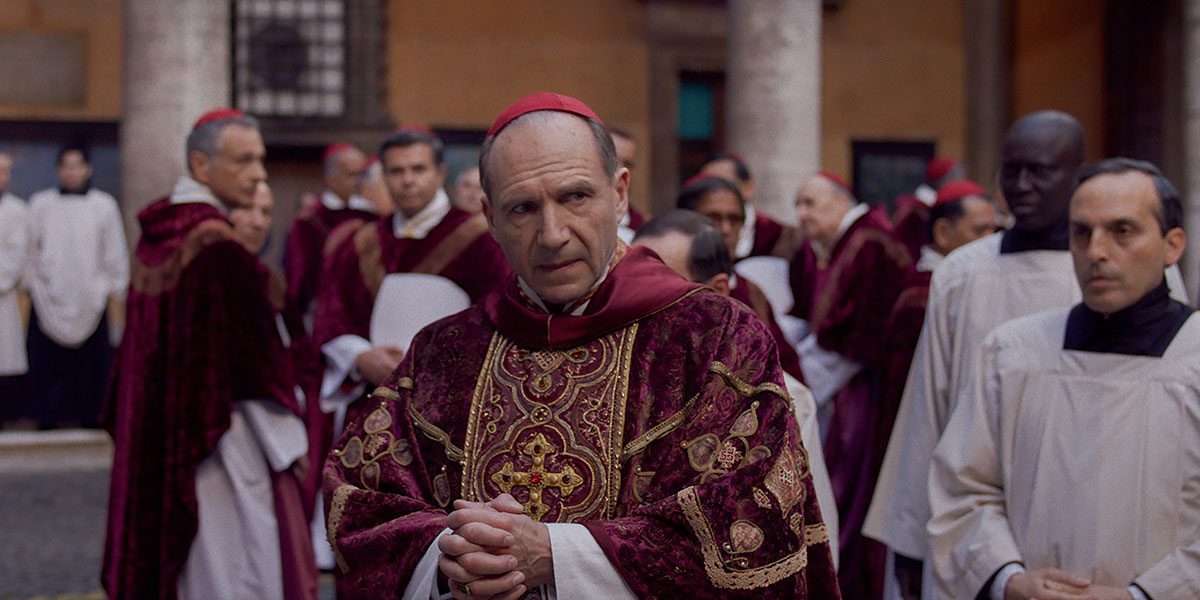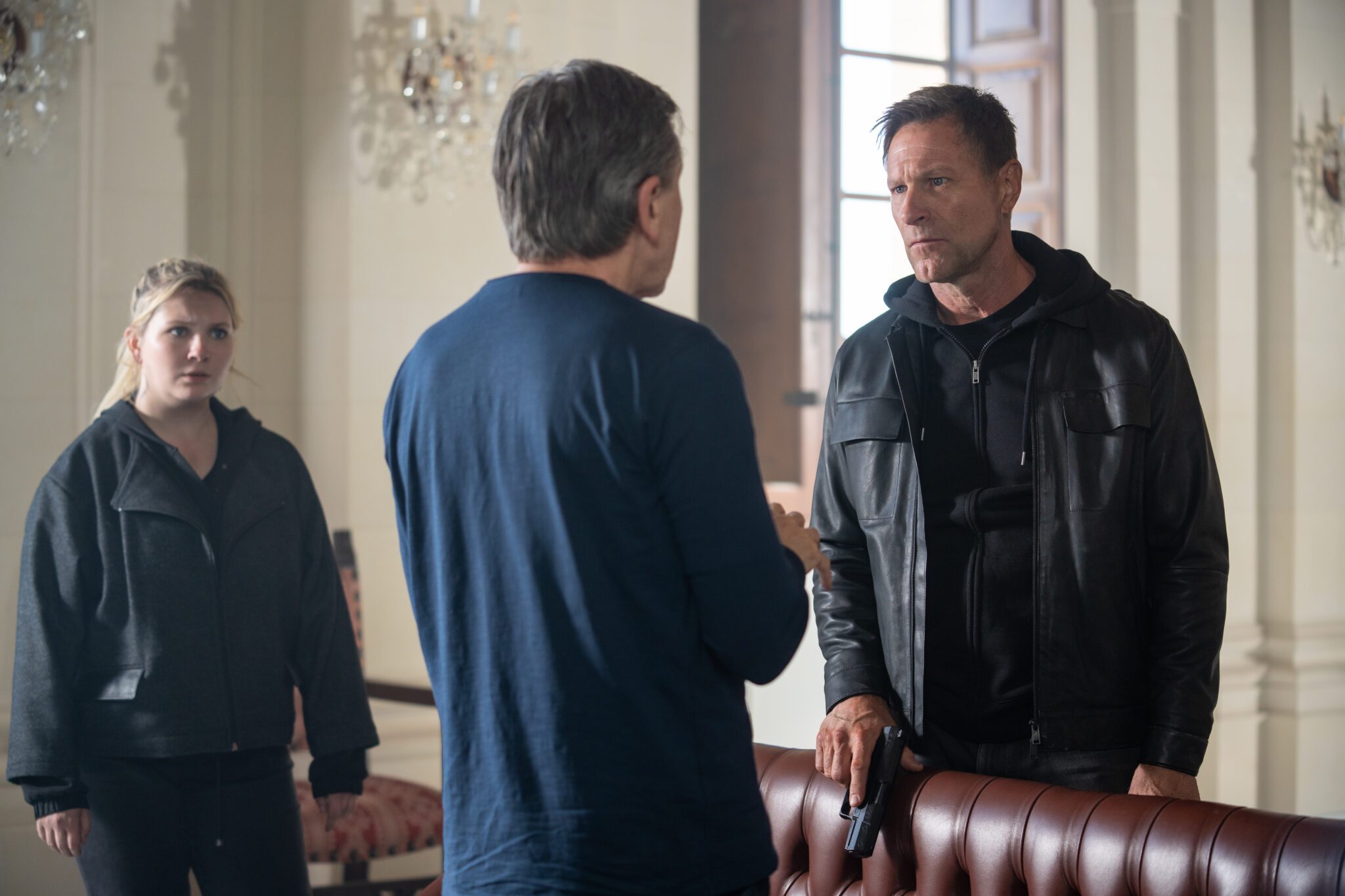?So we?ve created an entire global generation of people who were raised within a context where the...
Where this becomes more than just a gimmick is how the film serves to reflect our culture...
i genuinely dig Ricky Gervais plenty, and i’m thankful for The Office, like, for sure i appreciate...
This week, Steve welcomes Patrick Erskine and Paul Levac to enter into James Ponsoldt’s THE CIRCLE. ?Starring...


![searching-dom-SEARCH_STILL01_John Cho_Photo Cred Sebastian Baron[2]](https://b311079.smushcdn.com/311079/wp-content/uploads/2018/09/searching-dom-SEARCH_STILL01_John-Cho_Photo-Cred-Sebastian-Baron2-300x169.jpg?lossy=1&strip=1&webp=1)





